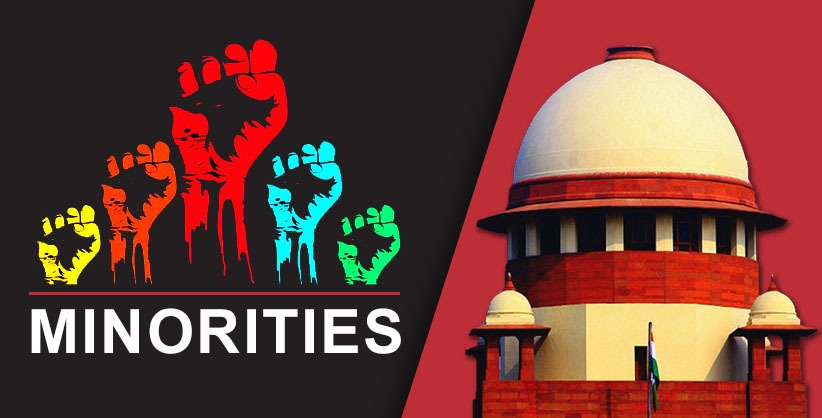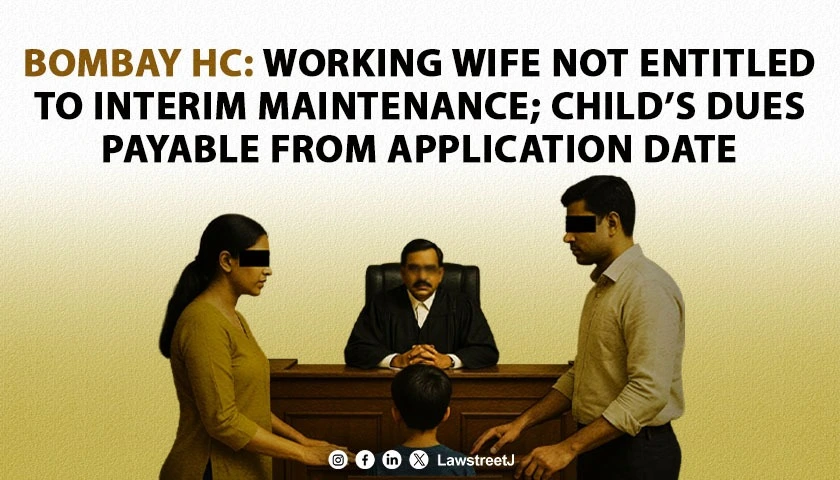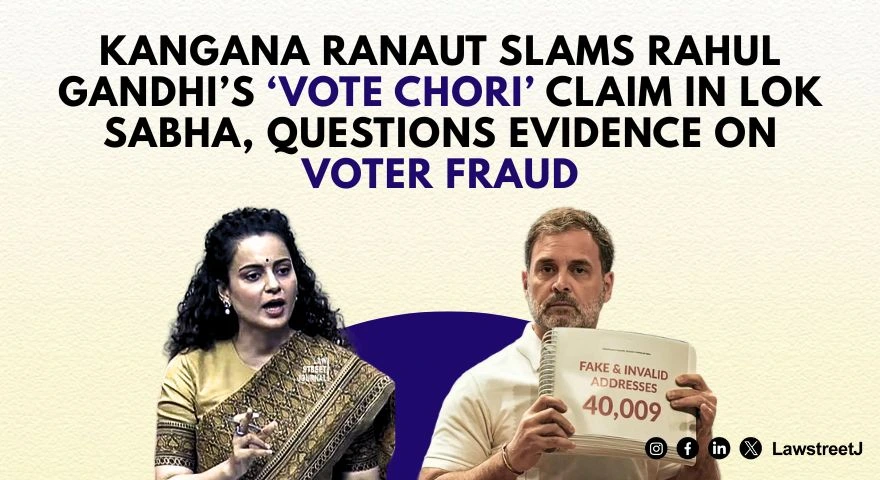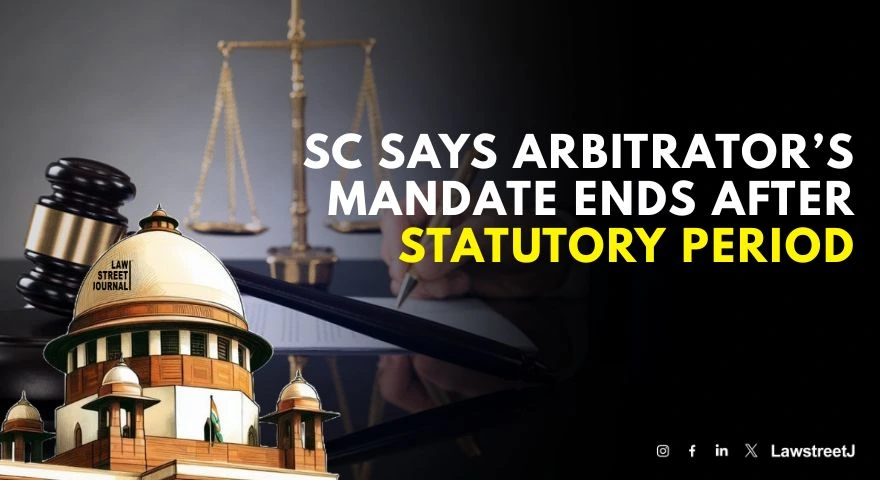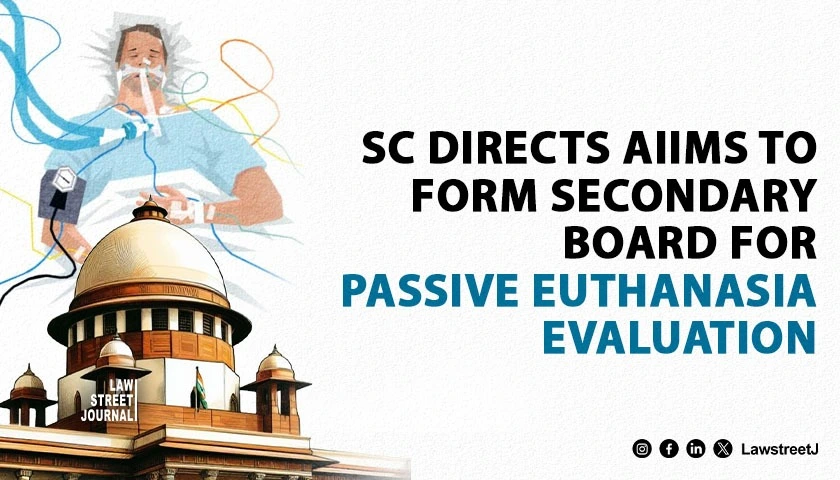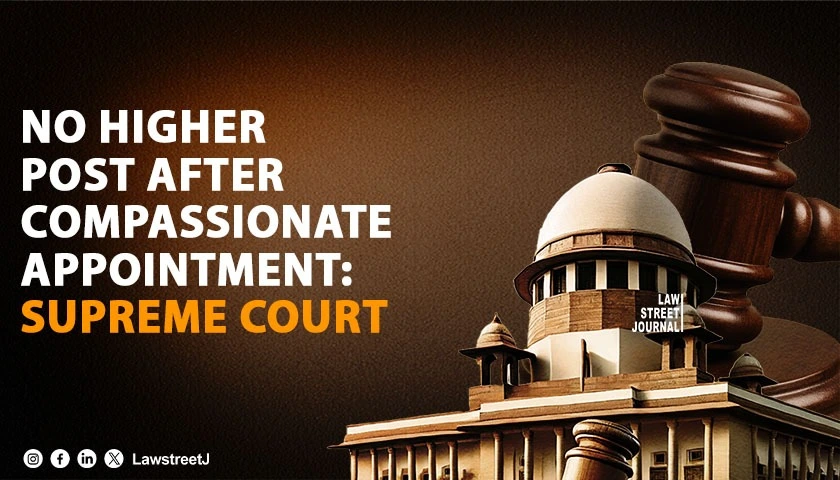NEW DELHI: The Supreme Court on Tuesday asked the Centre as to why the Union Territories, including Jammu and Kashmir, administered by it have not yet given their comments to the Centre on the issue of identification of minorities at the state or district level.
The top court expressed displeasure after being informed that over six states and Union Territories have not given their comments to the Centre.
According to the status report, filed in the apex court recently, comments from Arunachal Pradesh, Jammu and Kashmir, Jharkhand, Lakshadweep, Rajasthan and Telangana are still awaited.
Taking up a PIL by advocate Ashwini Kumar Upadhyay, the bench told Attorney General R Venkataramani, They cannot keep on not giving their responses. We will presume that they do not want to give responses."
The bench also pointed out that UTs are being administered by the Centre.
Advocate Ashwini Kumar Upadhyay, who is one of the petitioners in the case, said it is an important matter.
The bench posted the matter for hearing on March 21.
During the hearing, senior advocate C S Vaidyanathan for the petitioner, submitted that according to the most of the status report by the Centre, most of the States agreed that states should be the unit not the Union for identification of minorities.
Venkatramani said six States have not given responses. He should be given time to take stock from them, he said.
"We fail to appreciate why these states should not respond. We give last opportunity to the Central Government to take their response failing which we will presume they have nothing to say," the bench said and posted the matter for hearing on March 21.
Of the 24 states and Union territories (UTs) which gave their opinions to the Union government, Delhi was the only government that openly backed granting minority status to Hindus in any form at the state or UT level.
In a status report filed recently, Delhi said, "the central government may declare the 'migrated minority status to the followers of Hinduism who are the religious minority in their origin state (i.e. Jammu and Kashmir, Laddakh etc) and residing in Delhi after migration from their home state."
Some other states including Andhra Pradesh, Assam, Tamil Nadu, Punjab, West Bengal and Uttarakhand favoured identification of a minority community at the state level but didnt name any particular faith or group. In all these states, except Punjab, Hindus are the religious majority community at the state level. In Punjab, Sikhs comprised the majority.
Different BJP-ruled states took different stand with regard to declaring minorities as per the population of the State.
Gujarat said it is "comfortable with present procedure of identifying minorities communities". Goa did not take any stand in the matter. Himachal Pradesh said although the Constitution does not define a minority or provide details relating to the geographical and numerical specification of the concept, it is felt that the Constitutional scheme envisages this to be determined at national level.
Haryana said the power to notify any community as a minority community is vested with the central government. Madhya Pradesh gave approval for continuation of present system for identification of minority. Maharashtra felt in the interest of Uniformity, central government can notify the minority communities. Tripura said minorities should be identified at State level so that the followers of a religious group who are actually less in number can get their constitutional rights as envisaged under Article 30 of the Constitution. Uttar Pradesh said that it will have no objection if any decision taken by the central government in the matter.

